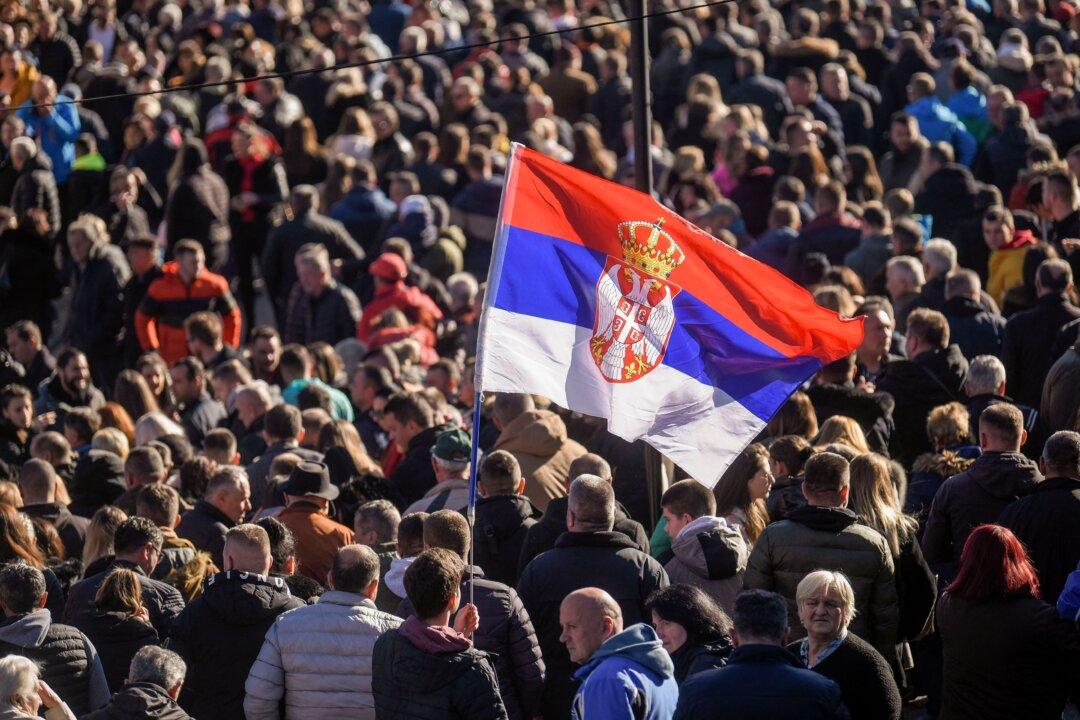Commentary
Why, at this time, has the Turkish government been secretly shipping truck convoys of weapons across Albania and into Kosovo, once controlled by the Ottoman Empire?

Why, at this time, has the Turkish government been secretly shipping truck convoys of weapons across Albania and into Kosovo, once controlled by the Ottoman Empire?